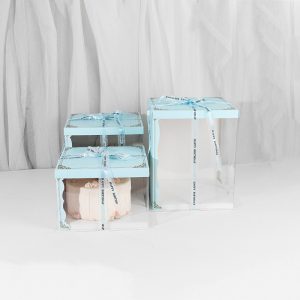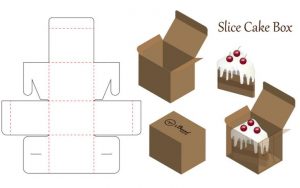Eco-friendly food boxes are a sustainable alternative to traditional food packaging that aims to reduce environmental impact. These boxes are designed to be biodegradable, compostable, or recyclable, making them more environmentally friendly and less harmful to the planet. They are typically made from renewable resources or recycled materials, which help in reducing the consumption of virgin resources and energy.
Here are some common features and benefits of eco-friendly food boxes:
- Biodegradable and compostable materials: Eco-friendly food boxes are often made from biodegradable materials, such as plant-based plastics (bioplastics) or materials like sugarcane bagasse, bamboo, or wheat straw. These materials break down naturally over time, reducing waste and litter.
- Recyclability: Some eco-friendly food boxes are made from recyclable materials like cardboard or paperboard. Recycling these boxes helps to save energy and resources, reducing the overall carbon footprint.
- Reduced plastic usage: Many conventional food boxes are made from non-biodegradable and non-recyclable plastics that contribute to environmental pollution. Eco-friendly options reduce the reliance on single-use plastic materials.
- Sustainable sourcing: Manufacturers of eco-friendly food boxes often prioritize sustainable sourcing of raw materials, promoting responsible land use and forest management.
- Chemical-free: Eco-friendly food boxes are generally free from harmful chemicals like BPA (bisphenol A) and phthalates, ensuring that they do not leach harmful substances into the food.
- Customizable and versatile: Eco-friendly food boxes can be designed to suit different types of foods, providing the same level of convenience as conventional food packaging.
- Consumer appeal: With the growing awareness of environmental issues, more consumers are actively seeking eco-friendly choices. Businesses that offer sustainable packaging options can attract environmentally conscious customers.
When choosing eco-friendly food boxes, it’s essential to look for certifications such as the Biodegradable Products Institute (BPI) certification or the Forest Stewardship Council (FSC) certification to ensure their authenticity and environmental credentials.
By opting for eco-friendly food boxes, individuals and businesses can contribute to a healthier planet and support sustainable practices in the food industry. Remember to dispose of these boxes responsibly, following local waste management guidelines to maximize their environmental benefits.








